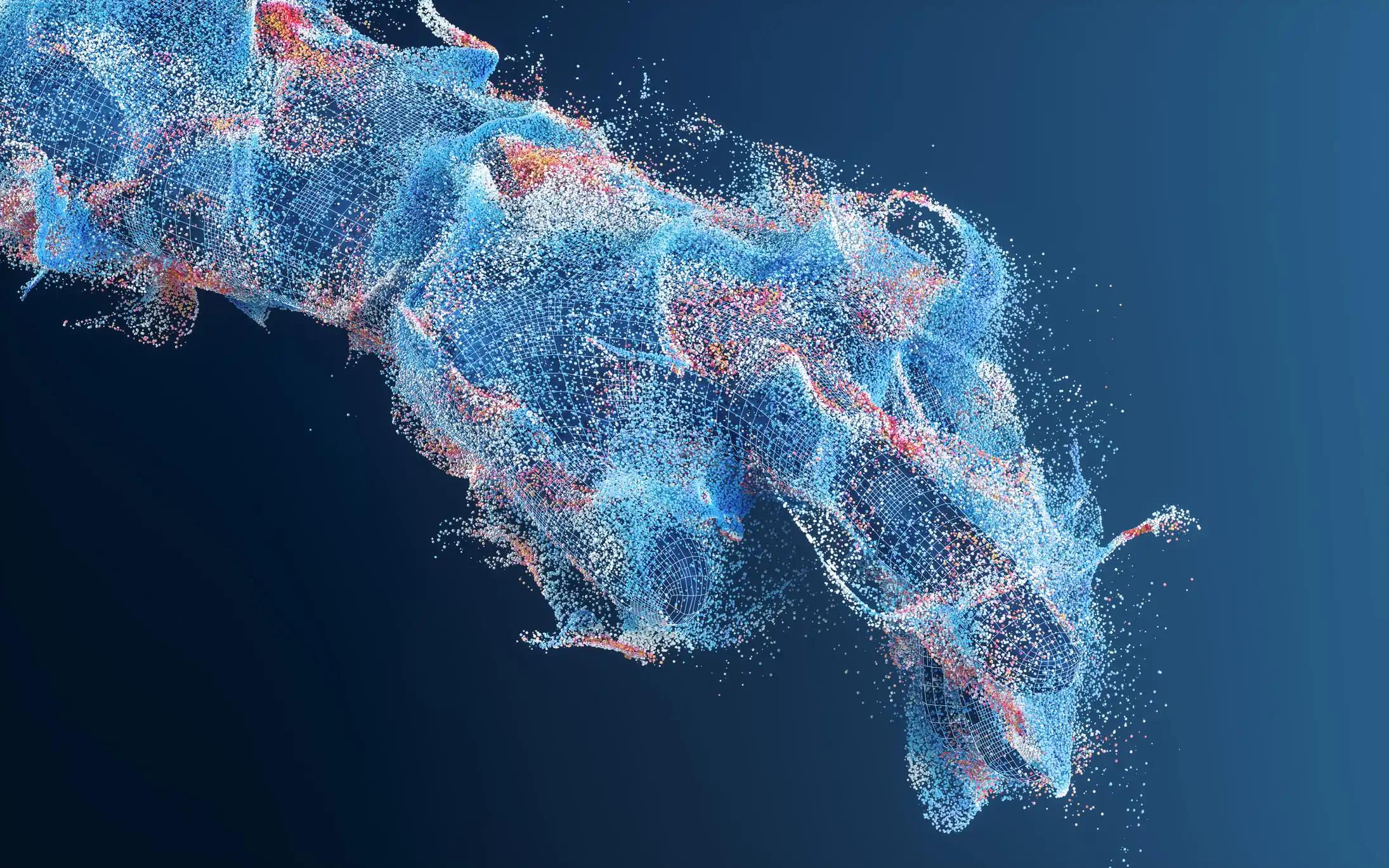KEY TAKEAWAYS
- The study aimed to evaluate noninvasive 1H MRS as a potential method for detecting the response to kinase inhibition in MCL.
- Researchers found that BTK inhibition impacts metabolism; 1H MRS identified early biomarkers of lactate and alanine.
Inhibition of kinases is the ever-expanding therapeutic approach to various types of cancer, including mantle cell lymphoma (MCL). Typically, assessment of the treatment response is accomplished by standard, volumetric imaging procedures, performed weeks to months after the onset of treatment, given the predominantly cytostatic nature of the kinase inhibitors, at least when used as single agents.
Therefore, there is a great clinical need to develop new monitoring approaches to detect the response to kinase inhibition much more promptly. Noninvasive 1H magnetic resonance spectroscopy (MRS) can measure in vitro and in vivo concentration of key metabolites which may potentially serve as biomarkers of response to kinase inhibition.
Kavindra Nath and the team aimed to evaluate the utility of 1H MRS in detecting early metabolic changes indicative of response to kinase inhibitors in cancer therapy.
They employed MCL cell lines showing a diverse sensitivity to inhibition of Bruton’s tyrosine kinase (BTK) regarding their growth. The various aspects of the effects of this inhibition on different aspects of the cell metabolism, including metabolite synthesis using metabolomics, glucose, and oxidative metabolism by Seahorse XF technology, and the concentration of index metabolites lactate, alanine, total choline, and taurine, were studied by 1H MRS.
Results revealed that the effective BTK inhibition profoundly suppressed key cell metabolic pathways in MCL. This included pyrimidine and purine synthesis, the citrate (TCA) cycle, glycolysis, and pyruvate and glutamine/alanine metabolism. These pathways play crucial roles in cell proliferation and energy production. The inhibition of glycolysis and amino acid-related oxidative metabolism further underscored the metabolic impact of BTK inhibition on MCL cells.
In both in vitro and in vivo MCL xenotransplant models, BTK inhibition led to a significant and rapid decrease in the concentration of lactate, a primary product of glycolysis, and alanine, an indicator of amino acid metabolism. Additionally, there was a less universal decrease observed in total choline levels.
Importantly, these metabolic changes correlated directly with the degree of inhibition observed in lymphoma cell expansion and tumor growth. Overall, these findings highlight the profound metabolic consequences of BTK inhibition in MCL.
This demonsatrted the potential of noninvasive 1H MRS to detect early metabolic responses to kinase inhibition. Such insights could inform the development of new monitoring approaches that offer quicker assessments of treatment response compared to traditional volumetric imaging procedures.
Furthermore, the BTK inhibition exerted a wide and prominent suppressive impact on cellular metabolism and that the affected index metabolites, lactate, and alanine, might serve as sensitive, reliable, and early biomarkers of inhibition in patients with lymphoma detectable with the 1H MRS imaging technique.
This might also have clinical implications for other kinase inhibitors and diverse lymphoid and non-lymphoid malignancies.
The study concluded that BTK inhibition significantly affects metabolism; by using 1H MRS, lactate, and alanine could be seen as early biomarkers.
The study was partially funded by grants from the National Cancer Institute (1R01CA250102, 1R01CA228457, and 1R01CA268601) and funds from the Fox Chase Cancer Center Institute for Cancer Research.
Source: https://pubmed.ncbi.nlm.nih.gov/38965536/
Nath K, Gupta PK, Basappa J, et al. (2024). “Impact of therapeutic inhibition of oncogenic cell signaling tyrosine kinase on cell metabolism: in vivo-detectable metabolic biomarkers of inhibition.” J Transl Med. 2024 Jul 4;22(1):622. doi: 10.1186/s12967-024-05371-9. PMID: 38965536; PMCID: PMC11225145.



